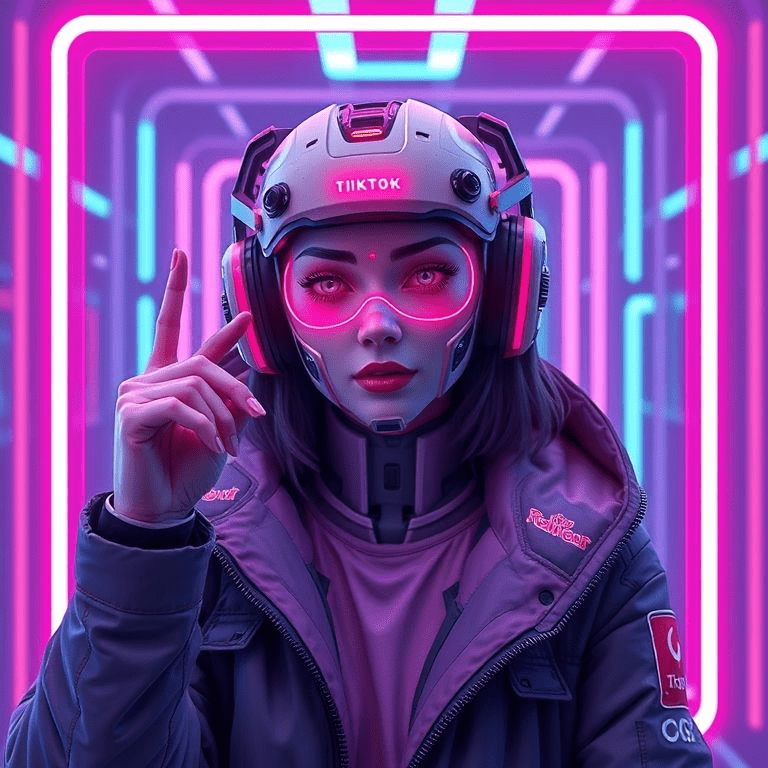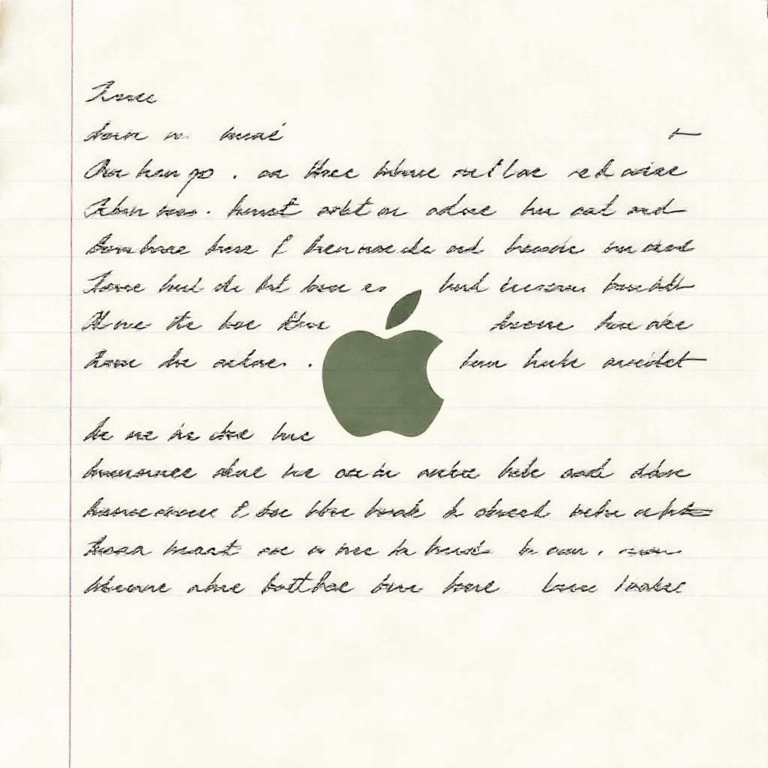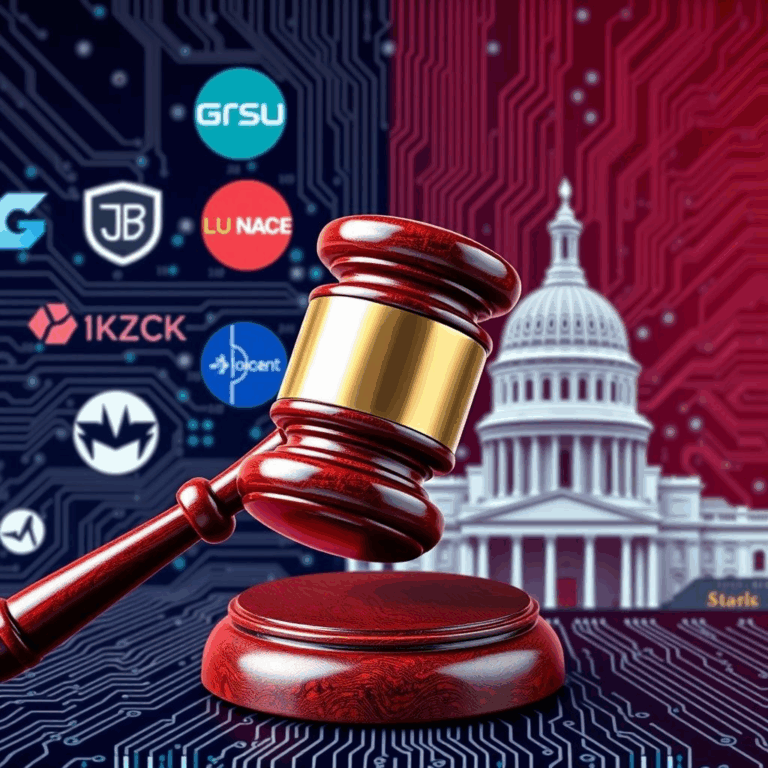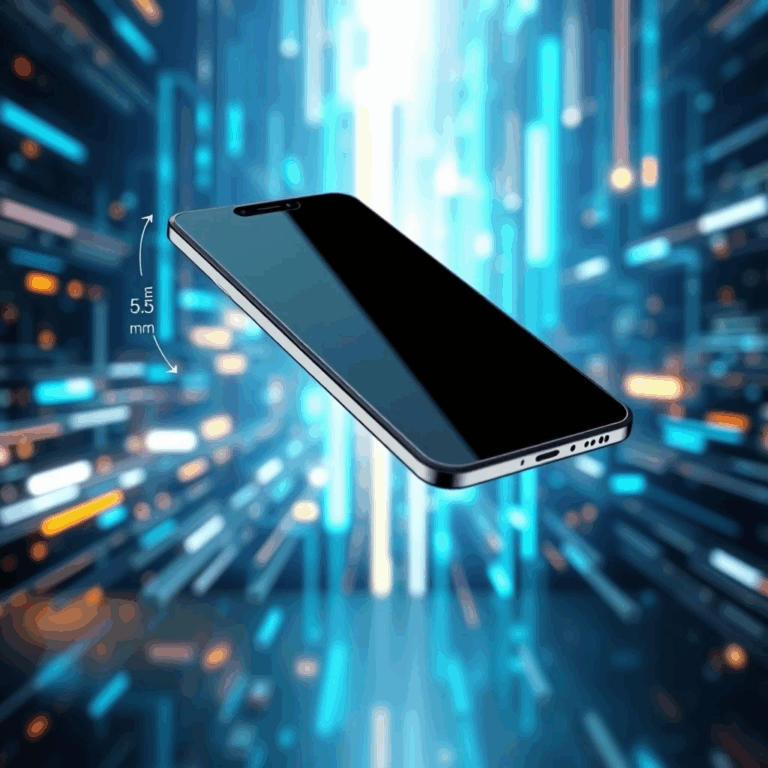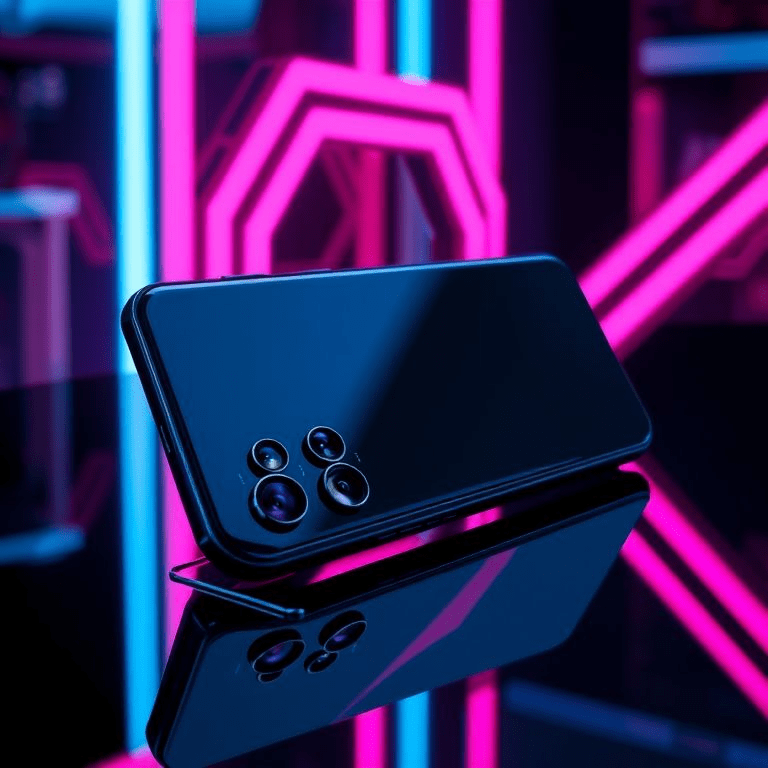Introduction
Vodafone Germany has entered uncharted territory in the digital advertising world by launching its first AI influencer marketing campaign on TikTok. The initiative highlights how artificial intelligence is no longer confined to backend operations but is now stepping into the limelight as the very face of marketing. With this move, Vodafone is reshaping how brands interact with consumers, offering a glimpse of a future where synthetic influencers may rival their human counterparts.
The Rise of AI Influencer Marketing
Influencer marketing has been one of the most impactful strategies for brands over the past decade. Social media influencers, ranging from mega-celebrities to micro-creators, have played a crucial role in driving brand trust, awareness, and sales. But as consumer behavior evolves and brands seek greater efficiency, AI-generated influencers are emerging as a viable, scalable, and cost-effective alternative.
Synthetic influencers are digital avatars powered by AI technologies, capable of creating realistic appearances, personalities, and even engagement styles. Unlike human influencers, they can work around the clock, maintain strict brand alignment, and adapt quickly to campaign needs.
Vodafone Germany’s campaign signals that major corporations are ready to test the waters and leverage AI influencer marketing to enhance their reach.
What Vodafone Did
The campaign launched on Vodafone Germany’s TikTok channel earlier this week featured a digitally created influencer who appeared human-like, energetic, and approachable. The AI influencer was designed to promote Vodafone’s latest mobile plans and digital services, targeting younger demographics who dominate TikTok usage.
This influencer not only mimicked natural gestures and expressions but also interacted with comments in real time using AI-driven responses. By blending entertainment with brand messaging, Vodafone managed to create an immersive and futuristic advertising experience.
Industry Reactions and Expert Insights
The campaign immediately caught the attention of marketing experts.
Marlene Hoffmann, a German digital marketing strategist, commented:
“Vodafone’s move into AI influencer marketing represents a bold step forward. By using synthetic personas, brands can eliminate many of the challenges associated with human influencers—scheduling conflicts, contract disputes, and reputational risks. AI influencers give companies full creative control.”
However, critics caution that this innovation could raise ethical and trust-related concerns.
Dr. Jonas Weber, a professor of media ethics at the University of Munich, warned:
“When companies replace real people with AI creations, there is a risk of blurring the line between reality and fiction. Younger audiences may struggle to identify what is authentic, and this could lead to manipulation concerns if transparency is not maintained.”
Consumer Response
Early reactions on TikTok have been mixed. Some viewers praised Vodafone for its futuristic creativity, calling the campaign “next-level marketing.” Others expressed unease about interacting with an AI-generated persona, with one user commenting, “I’d rather see real people promoting products than robots pretending to be influencers.”
This split response underscores a key challenge: while AI influencers bring efficiency and innovation, audiences still value authenticity—a factor human influencers naturally embody.
Why This Matters for the Advertising Industry
Vodafone’s campaign is not an isolated experiment. The global influencer marketing industry, valued at over $21 billion in 2025, is ripe for disruption. AI-generated influencers can cut costs, increase scalability, and deliver customized content across multiple platforms simultaneously.
For brands, the opportunity lies in reducing dependency on high-profile influencers who may not always align with corporate values. AI-generated characters, however, can be designed to perfectly embody a company’s mission, voice, and aesthetics.
Potential Risks and Regulations
The use of synthetic influencers also raises questions about regulation. The European Union is actively developing transparency laws around AI-generated content. Brands may soon be required to label AI influencers clearly, ensuring that audiences know when they are engaging with artificial personas.
Failure to comply with such measures could expose companies to reputational risks and legal consequences. Vodafone’s campaign may serve as a test case for how these regulations evolve in practice.
Future Outlook
Experts predict that in the next five years, AI influencers could become a common feature in advertising, brand representation, and even customer support. Some brands may even develop their own permanent AI ambassadors—digital mascots that appear consistently across platforms.
As AI models continue to advance, these digital personas will become more lifelike, capable of holding fluid conversations, and even adapting their style to reflect cultural nuances.
Conclusion
Vodafone Germany’s TikTok experiment with AI influencer marketing represents a significant milestone in advertising innovation. While it offers exciting opportunities for creativity and control, it also sparks important debates about authenticity, ethics, and transparency.
The move demonstrates how AI is no longer just a tool behind the scenes but is becoming a visible and central part of brand strategy. Whether consumers fully embrace synthetic influencers remains to be seen, but Vodafone’s bold campaign ensures that the conversation has only just begun.

